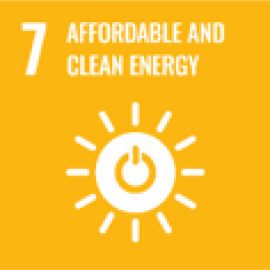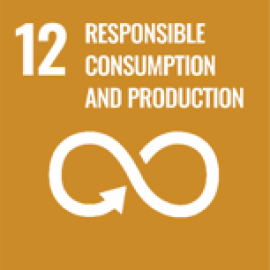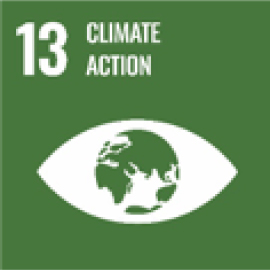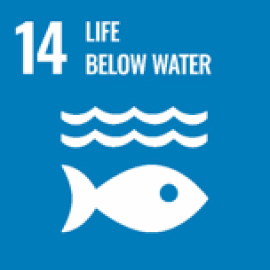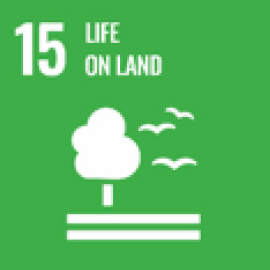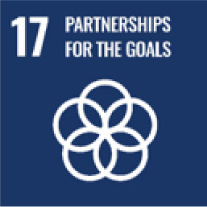We are committing to use only paper from recycled sources or from responsibly managed forests.
93% of our own brand dry paper products use more sustainable paper (FSC, PEFC or recycled paper)
*average number from all Watsons markets.
Our own brand dry paper products are 100%
sustainable - Made exclusively of FSC, PEFC or traceable recycled paper.
We are constantly exploring and developing alternative packaging materials with a clear goal of using better plastic that is recyclable and having less of it overall.
Watsons is joining its parent company, AS Watson, a signatory of the New Plastic Economy Global Commitment and pledges to reduce the overall impact of its own brand packaging. Learn more here.
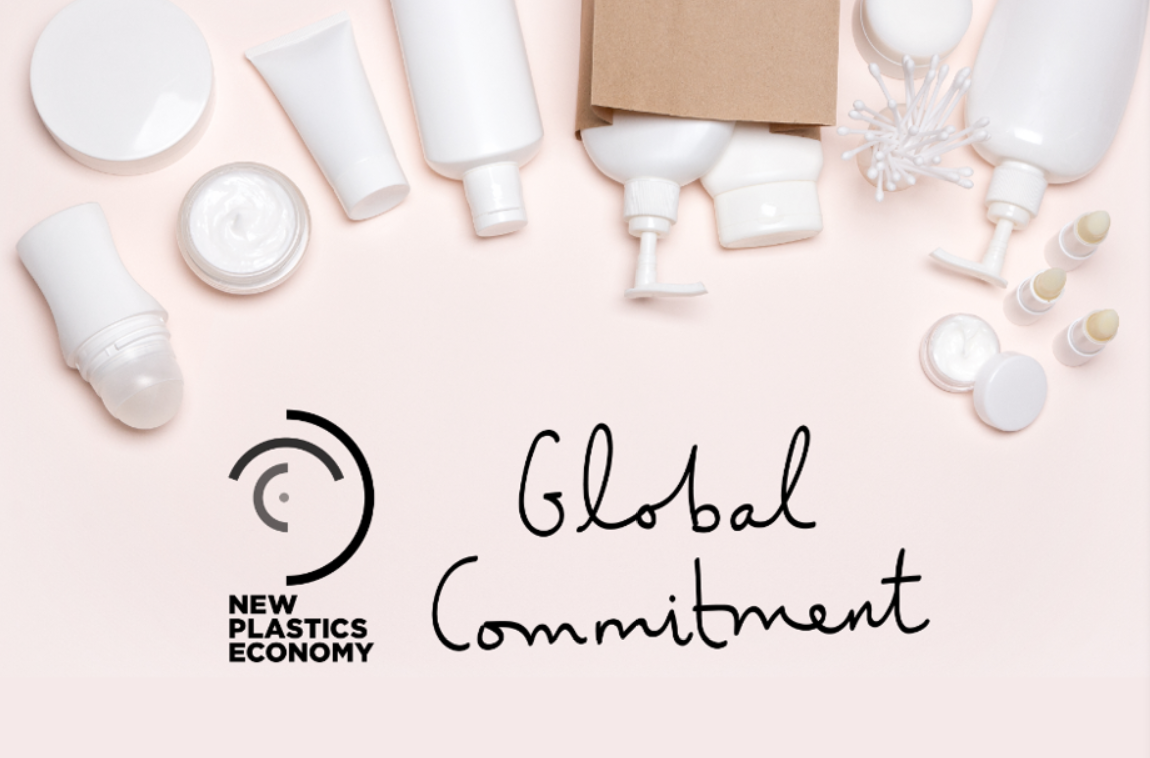

All our packaging is optimised even in the development stage
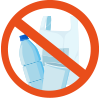
We are working on removing unnecessary plastic packaging or replacing them with more sustainable alternatives

We offer refill options for many of our Own Brand products


We are partnering with our suppliers to come up with new options for refilling or reusing our packaging

PVCs are avoided at all costs

Packaging is designed with the aim of recycling in mind

Recycling messages are always found on our packaging
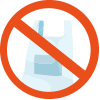
Oxo-degradable plastics are banned
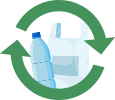
We will introduce products made wholly or partially of recycled plastic such as rHDPE or rPET

We have introduced bags with a minimum of 5% post-consumer recycled plastic. We will increase this percentage in the years to come
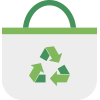
Reusable bags are available for sale in all our stores

We have introduced paper bags in some of our markets and this will expand to our other markets

Microplastics are tiny non-biodegradable plastic particles
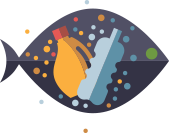
Microplastics are harmful to humans as they can enter the food chain and even be found in drinking water
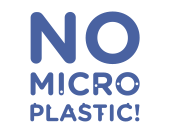
Since the end of 2019, we have banned all brands with rinse-off products that contain microplastics from our stores.
Microplastics are solid synthetic polymer (plastic) particles, insoluble in water. Due to their small size (<5mm) they often pass through sewage water filtration systems and can pollute waterways.
Microplastics impact the food chain as they can be ingested by marine organisms. Cosmetics and personal care products account for 2% of microplastic pollutants in the ocean*. In 2014, far ahead of legislation, Watsons banned the use of microplastics in all rinse-off Watsons Own Brand Personal Care products.
At the end of 2019, we extended the ban to all rinse-off cosmetics and personal care products and stopped selling all such products in all our markets (or earlier where required by legislation).
*Source: Boucher, J. and Friot D. (2017). Primary Microplastics in the Oceans: A Global Evaluation of Sources.
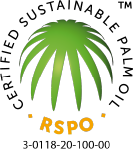
As part of our commitments to promote sustainable and responsible own brand products, AS Watson has taken a group membership to the Roundtable for Sustainable Palm Oil (“RSPO”), a leading organisation promoting social and environmental compliance in the palm oil industry. As a part of our strategy, we are expanding the selection of Watsons own brand products to be produced with RSPO-certified palm oil, offering more sustainable choices to our customers.
Watsons supports the United Nation’s sustainable development goals (SDGs) for a fair globalization and a better future for all. Learn more about the SDGs here

